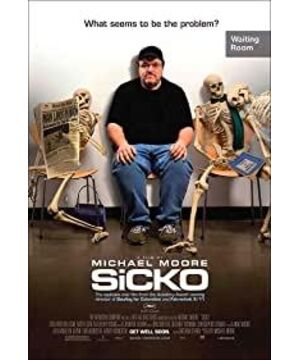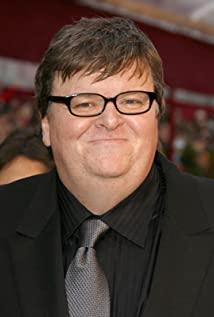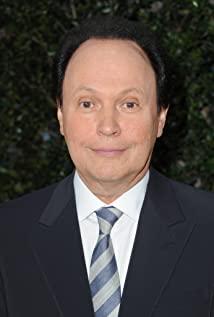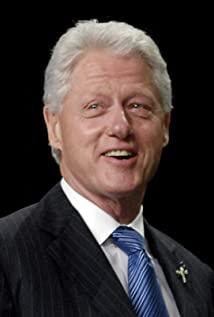Micheal Moore's documentaries are good at sensationalism, and ordinary audiences such as me, who have no conspiracy theories and no sinister political intentions, can easily fall into it. The emotions that fall into Micheal Moore's "Sicko" are complex, and the main emotion is the simple feeling of caring and being cared for. Coinciding with 2007, as a new starting point for China's medical system reform, there is a little more unconscious mapping of the state of the country's medical system. The medical security system is a structural system, in which the subjects are the living beings waiting for treatment. No other political system is so directly related to the very root of human beings - life. Therefore, even if there is no excessive rendering of medical stories, the real process is enough to touch the audience with the essence of human beings. "Sicko" successfully cuts through patients in a vulnerable position in the American medical system, and discloses the insurance that appears to be guaranteed in the United States, but actually eats up citizens' money to make huge profits. Politicians and insurance companies vividly play the role of irrational and almost crazy money-gathering. "Sicko".
"Sicko" cites the seemingly unrealistic universal health care system in the United Kingdom, France and even Cuba in the United States. On the one hand, there is high-priced and unguaranteed medical insurance, and on the other hand, there is the universal medical care funded by the government, which brings out not only the quality of the system itself, but the humanistic care that emerges from the depths of the system. In my opinion, universal medical care not only avoids tragedies such as loss of life due to lack of money to see a doctor and bankruptcy in order to save lives, but also creates a sense of belonging and security in people's hearts. Its social benefits are immeasurable. The shock of a patient being kicked out of the hospital because of arrears is huge. The neglect of life reflects the basic attitude of a society towards life. A medical security system that is essentially a political category deserves people's attention and consideration because of the weight of life.
This can be said to be an exquisite documentary, which directly hits the audience's weakness. When watching the film, you are already occupied by the thinking about the core social values and humanitarian concerns reflected in the facts themselves. If after the film ends, I must use a class analysis point of view to scold the ugly face of the money politics of the capitalist countries led by the United States, and include the film itself as one of the many despicable means of campaigning for political interests, I have nothing to say. can be said. Power struggles and shady power and money transactions are indispensable to any political form. Even if this is the case, I would rather use the most genuine attitude to judge the issue of the medical system. What political conspiracy theories are related to a country or even the whole country? Is it okay to let it fade when the world's top issue? After 20 years of failed medical system reforms, China is facing the same or even more serious medical system problems than the United States. In the face of numerous cases where families have been ruined due to high costs, how can we have the will to stand and talk without back pain to point fingers at American politics.
The beautiful vision of universal medical care is what we yearn for. In the era of planned economy, our predecessors had a simple experience; now, the society is rich, and all the thoughts of "looking at money" use this system that should not be marketized. Marketization is ruined. Far from being a mere propaganda piece in my mind, Micheal Moore's "Sicko" tells a heart-wrenching story across the ocean that we still feel on the other side of the ocean. On the level of caring for life, we are connected. When we desperately hope that our family and friends can get help in the face of the disease, our mood is so similar.
View more about Sicko reviews










